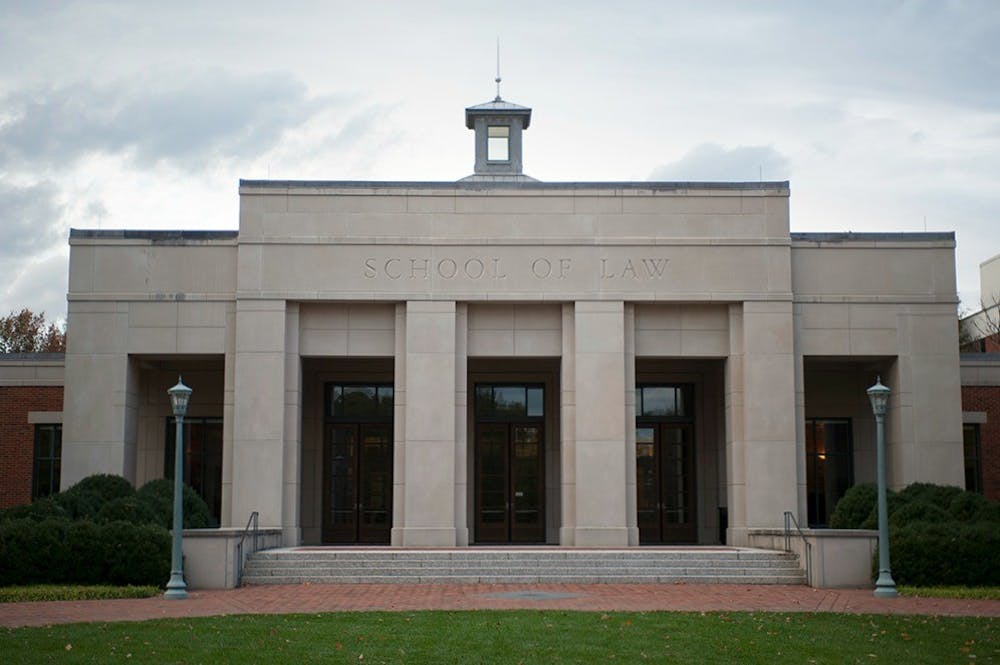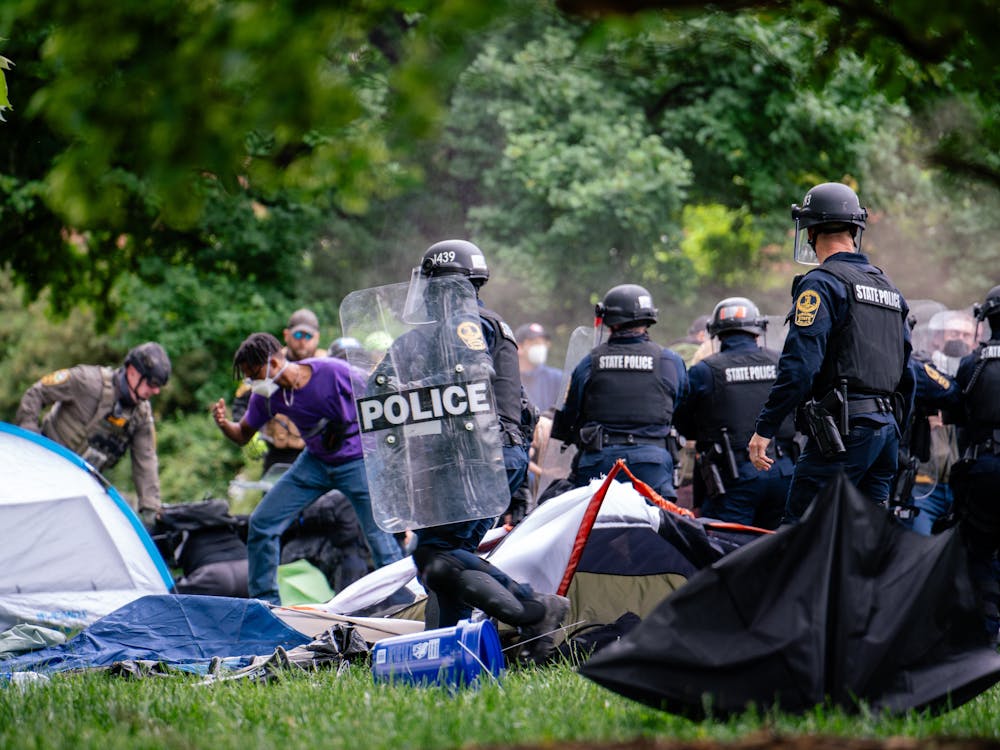A former University Law student filed a lawsuit Thursday against the Department of Education and the Department of Education’s Office for Civil Rights challenging a directive which changed the way colleges handle allegations of sexual assault.
In 2015, the plaintiff in the lawsuit was found responsible for sexual misconduct while attending the Law School. The arbiter of the case, a retired judge, said her ruling hinged largely on the evidentiary standard imposed by the OCR’s 2011 “Dear Colleague” Letter, according to the complaint.
The complaint also alleges that the letter illegally bypassed the judicial review and public commentary process mandated by the Administrative Procedures Act.
The plaintiff is requesting that the court enter an order to vacate the OCR’s letter, allowing schools greater leeway in formulating their own processes for responding to sexual assault cases. The plaintiff is also requesting that the court award him “reasonable costs and expenses” including legal fees and provide “further and additional relief as this Court may deem just and proper.”
The 2011 directive in question required colleges and universities to apply “preponderance of the evidence” as the standard for disciplinary rulings in Title IX cases. Prior to 2011, many colleges — among them the University — used “clear and convincing evidence” as the standard of proof for determining sanctions.
Susan Kruth, a senior program officer at the Foundation for Individual Rights in Education, or FIRE, said the change to a lower standard of proof removed an important protection for accused students in campus litigation.
“Ordinarily the preponderance of the evidence standard is used in civil litigation, but it’s important to keep in mind that in civil courts there are lots of other safeguards put in place,” Kruth said. “You can cross-examine your accuser, and you have a lawyer with you who can actively participate. There are rules of evidence, and all these things contribute to a fair and impartial hearing, and they just don’t exist in a lot of campus hearings.”
FIRE is usually involved in free speech disputes on college campuses. This lawsuit is the first of which FIRE is sponsoring regarding sexual assault allegations and policies, Kruth said.
The results of the lawsuit could have far-reaching ramifications for students’ due process rights.
“At a lot of schools, especially schools that might not have the resources to have a lot of procedural safeguards in place, a higher standard of proof can be the only protection a student has,” Kruth said.
The plaintiff’s attorney Justin Dillon said the letter is part of a recent pattern of colleges infringing on the individual liberties of students.
“I think as a practical matter the Office for Civil Rights in this administration has been far more biased in favor of accusers than the accused, and I think the Dear Colleague letter is a really good example of that,” Dillon said.
The complaint itself challenges the legality of the evidentiary standard only on procedural grounds.
“That may indeed be good policy, but it is very bad process, and it’s not allowed by the law,” Dillon said.
If the letter is vacated, the OCR would have the option to submit the proposal again through the established notice and comment procedure, a process Dillon says “would take some time.”
Dillon says he expects the DOE to formally respond to the lawsuit in fall 2016.
Correction: Article previously stated that the plaintiff was found responsible for sexual misconduct in 2013. The date was actually in 2015 - the article has been updated accordingly.





